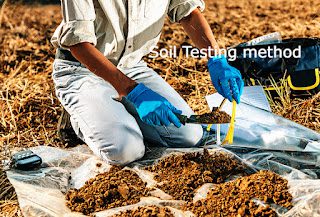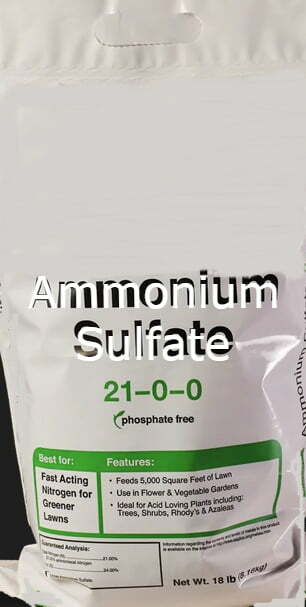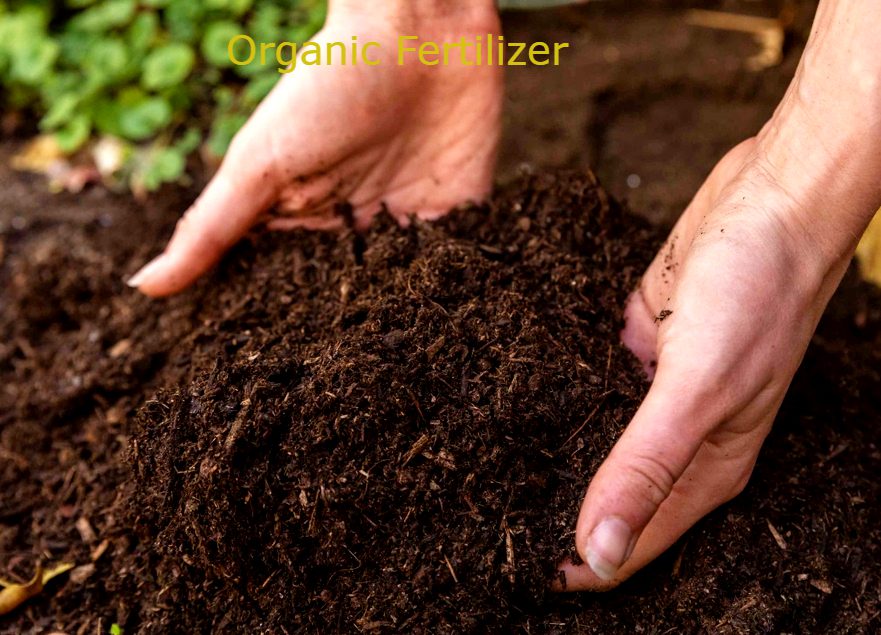Fertilizers
Fertilizers are substances that are applied to crops to increase their productivity and enhance the quality of the soil. compost fertilizer and fake fertilizer Farmers use fertilizer to increase crop yields. Potassium, phosphorus, and nitrogen are a few of the essential minerals supplied by fertilizers to plants. This indicates that the plant has been assisted in its growth, spread, and success. There are three classifications of fertilizers.
Organic Fertilizer
Chemical Fertilizer
Bio Fertilizer
Compost Fertilizer
Organic Fertilizer
Natural and organic fertilizers are mineral sources that are abundant in nature and provide a tolerable amount of plant-essential minerals. They can aid in mitigating the adverse effects of synthetic fertilizers. Reduce the number of times synthetic fertilizers must be applied to the soil. They offer a slow but consistent flow of nutrients into the soil solution, so helping to maintain stable nutrient levels for crop growth. In addition, they provide a substantial supply of energy for soil microbes, which improves soil health and crop yields.
It is commonly believed that organic fertilizers include an abundance of trace elements and have a somewhat slow release rate. Compared to chemical fertilizers, they pose a lower danger to human health. Incorrect application of organic fertilizers, however, can lead to overfertilization or nutritional deficiency in the soil. Consequently, organic fertilizers with scheduled releases are a cutting-edge strategy for reducing these consequences and sustaining agricultural yield over time.
Compost Fertilizer
Compost fertilizer is a blend of substances used to improve the physical, chemical, and biological qualities of soil. It is typically produced by decomposing plant matter, and food scraps, recycling organic materials, and composting manure. Rich in plant nutrients and helpful organisms such as bacteria, protozoa, nematodes, and fungi, the resulting mixture is ideal for plant growth. Compost fertilizer enhances soil fertility in gardens, landscaping, horticulture, urban agriculture, and organic farming, hence decreasing reliance on commercial chemical fertilizers.
Compost Fertilizer provides nutrients as fertilizer for crops, acts as a soil conditioner, increases the humus or humic acid content of the soil, and introduces beneficial bacteria that suppress pathogens in the soil and minimize soil-borne diseases. At its most fundamental level, composting requires collecting a mixture of “greens” and “browns.” Greens are nitrogen-rich materials like leaves, grass, and food wastes. Browns are carbon-rich woody materials such as stalks, paper, and wood chips. The materials decompose into humus over the course of several months. Composting can be a multi-step, tightly monitored process with measured water, air, and carbon- and nitrogen-rich material inputs.
Decomposition Process
The decomposition process is facilitated by shredding plant materials, adding water, and providing adequate aeration by regularly turning the mixture in an open pile or “windrow” procedure. Fungi, earthworms, and other detritivores decompose organic matter further. Aerobic bacteria and fungi control the chemical reaction by turning the inputs into heat, carbon dioxide, and ammonium. Food and other compostable materials make up around 20% of waste in landfills, and these products take longer to biodegrade in the dump.
Therefore, composting is an integral aspect of waste management. Composting is an environmentally superior option to putting organic waste in landfills. Because it minimizes methane emissions from anaerobic decomposition and delivers economic and environmental co-benefits. Compost fertilizer can also be used for land and stream reclamation, wetland building, and landfill cover, among other applications.
Chemical Fertilizer
Chemical or organic fertilizers can be used, however, chemical fertilizers are more likely to contain macronutrients such as nitrogen, phosphorus, and potassium. This chemical fertilizer’s widespread use can be attributed to the fact that it dissolves swiftly in water and immediately encourages crop growth. compost fertilizer and artificial fertilizer.
Bio Fertilizer
Microbial inoculants and biofertilizers can aid in the transformation of non-use elements of the soil into useful forms by utilizing the biological process. Fertilizers are these microorganisms, which include bacteria, algae, and fungi. They contribute to the process of restoring the soil’s environment and converting insoluble potassium phosphate into a form that plants can absorb and use.







